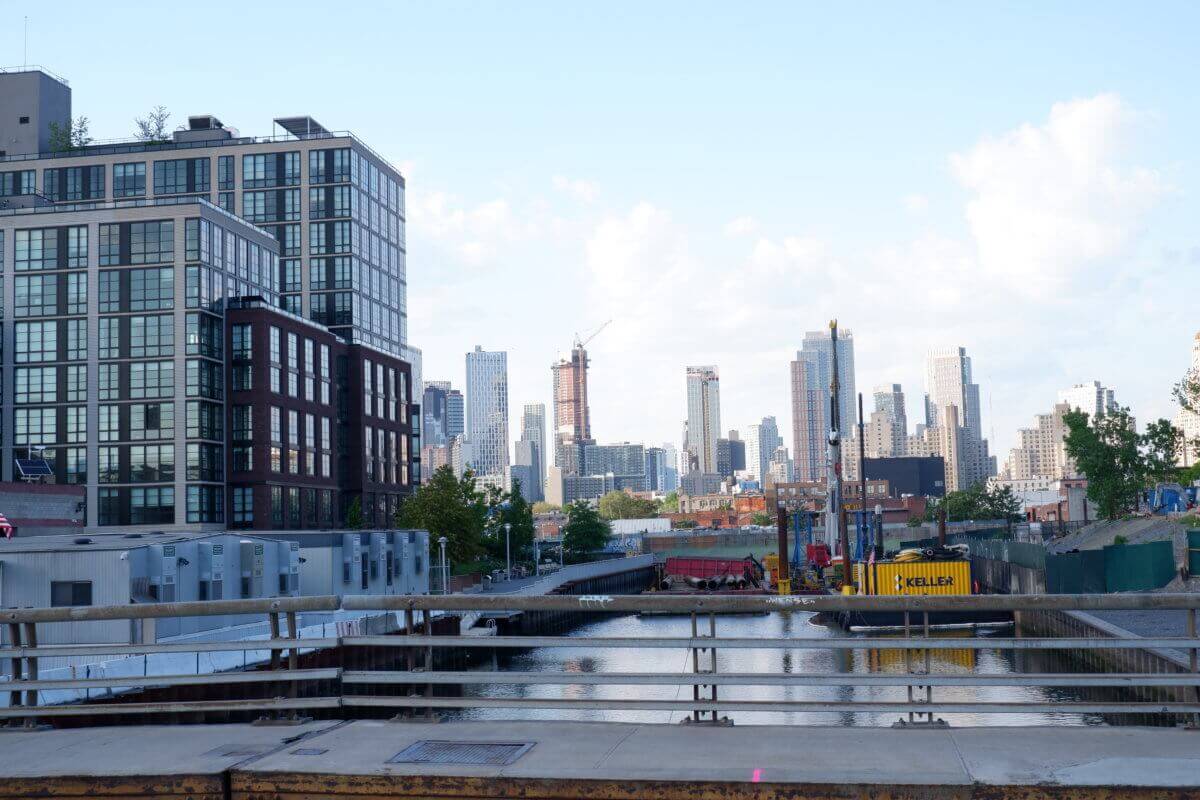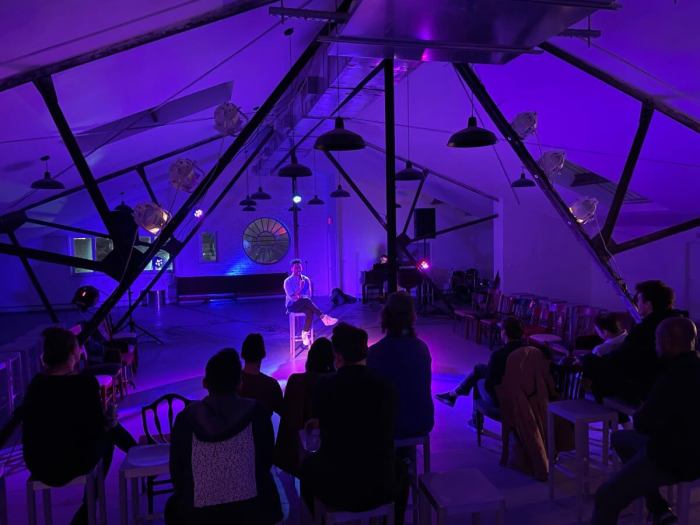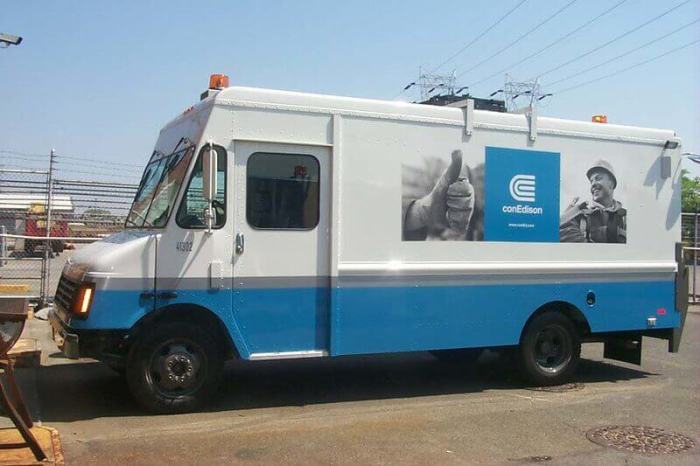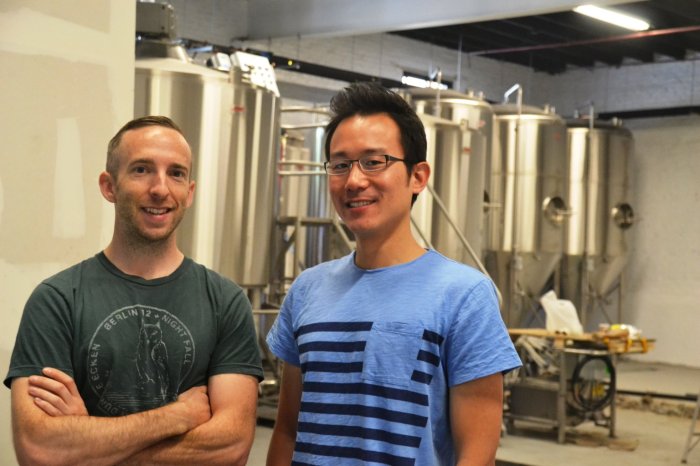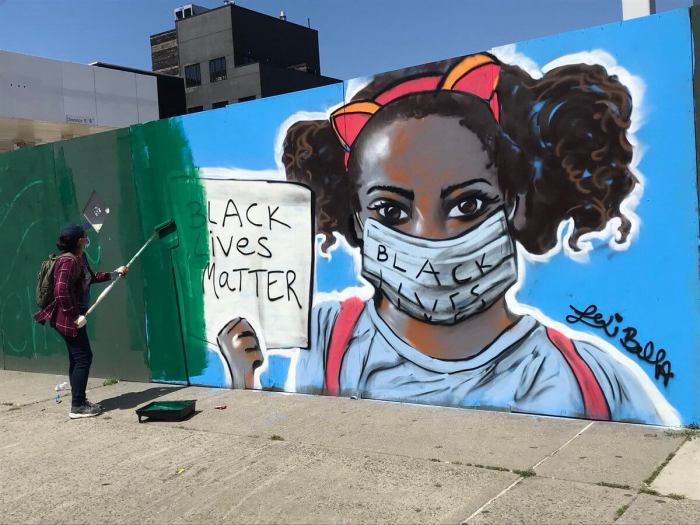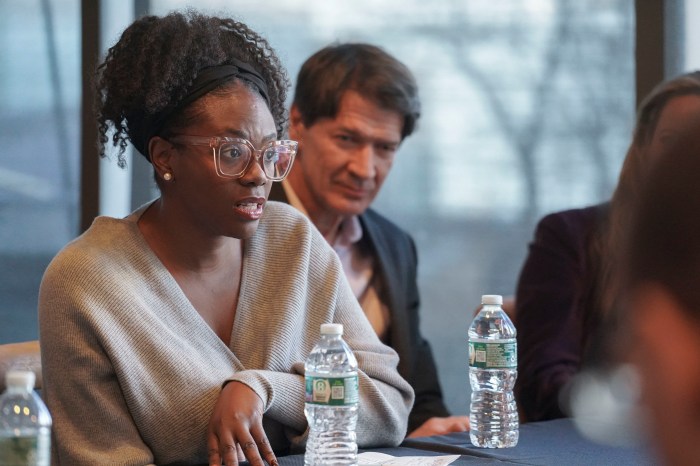New York City’s failure to truly integrate its neighborhoods has had deleterious effects on all levels of civic life. Nowhere is this starker than in our City’s public education system, where students of color are consistently at the short end when it comes to resources and opportunities.
Last week the New York City Department of Education released new data, including the lack of admissions to Black and Latino students in elite public high schools and specialized high schools. The results make it crystal clear what segregation has wrought on our children: just seven Black middle schoolers were given offers to Stuyvesant, and less than ten percent of citywide offers to similar high schools went to Black and Latino students.
We know that a child’s zip code has a disproportionate impact on their educational attainment and lifelong earnings. The path to racial integration and greater equity in our schools depends on zoning regulations. For instance, last year’s rezoning of the Gowanus community in Brooklyn was an unequivocal victory for fair housing, more inclusive neighborhoods, and a brighter future for our children.
The almost 3,000 units of affordable housing promised as part of this rezoning is the key to more racial and economic integration in a neighborhood that is only becoming increasingly unaffordable and less diverse. This is an incredible victory at a time when our City faces a dire housing crisis.
However, much of that success is at serious risk. Roughly 2,000 of the units are governed by the City’s mandatory inclusionary housing (MIH) program and will likely not be constructed unless the State Legislature passes Governor Kathy Hochul’s proposed extension of the 421-a tax abatement program.
For a variety of reasons, many related to the delays caused by the COVID-19 pandemic and associated shutdowns, several affordable housing units across the City are at risk of missing the June 2026 deadline to be completed and qualify for 421-a benefits.
Governor Hochul has proposed an extension to this deadline to provide projects that are already underway with the breathing room they need to be completed from problems they could not control. This includes thousands of units in Gowanus.
The State Legislature has been hesitant to act on this extension and has put the transformative rezoning of Gowanus at serious risk.
This neighborhood and Brooklyn Community Board 6, has the highest housing costs in Brooklyn. With median gross monthly rents over $2,200 and median home values over $1.25 million, this is a community in dire need of more affordable options and opportunities for desegregation and equity.
An analysis by the New York Housing Conference shows that the City Council district including Gowanus produced only 698 units of affordable housing from 2014-2022, or less than 80 units annually.
Over the past 15 years, the neighborhood has been trending whiter and wealthier. Over 60 percent of residents in Brooklyn’s Community Board 6 are white with a median household income of $130,000, almost double the median household income for New York City. At the same time the Black and Latino population in Gowanus has declined over the years and those who remain are overwhelmingly concentrated in public housing developments. We need more inclusive neighborhoods, and housing options for everyone in whichever neighborhood they choose.
The nearly 3,000 units of new affordable housing already in the pipeline will unlock access to this amenity-rich neighborhood to many more New Yorkers who are often excluded, such as people with disabilities, people of color and those with lower incomes. Greater housing choice will lead to increased equity in other areas, including education.
When families have safe and affordable housing and access to healthy options and quality education the outcome is a win, for our communities and society. The Gowanus rezoning is the first step in that victory.
If Albany does not act, we lose the opportunity to create vibrant accessible communities. Every community must work to achieve its affirmatively furthering fair housing responsibility. Government actions, and at times inaction perpetuate the long history of racial segregation. The State legislature cannot let high income neighborhoods such as Gowanus off the hook from contributing to affordable housing and should pass Governor Hochul’s construction extension deadline.
Britny McKenzie is the Policy Manager at the Fair Housing Justice Center.



